
views
New Delhi: Some politicians are gifted orators. They can mesmerise the audience with a turn of phrase or a pregnant pause. But oratory unto itself is not a sufficient condition to establish leadership of a politician.
Lalu Prasad in Bihar is perhaps one of the most quick-witted netas of this generation. Mulayam Singh Yadav in adjoining Uttar Pradesh would at times mumble incomprehensible phrases. Both, however, held sway over their cadre and voters.
BSP chief Mayawati, on the other hand, has preferred to stick to the script in communicating to her voters. She did the same in the joint press conference with Akhilesh Yadav announcing the grand SP-BSP alliance for 2019 elections.
Mayawati’s opening remarks stand out for two distinct features. The Dalit czarina made a deliberate and prolonged effort to explain the reasons behind joining hands with the SP — a party her people have fought tooth and nail till a few years back.
She gave reasons why she has decided to forget and forgive the infamous Guest House case. She mentioned the episode on multiple occasions to tell her workers she has not forgotten what transpired when BSP withdrew support from the Mulayam Singh government in the early nineties.
The caste faultline at the ground level has since crystallised around aggressive and land owning Yadavs — the SP vote base — and Dalits seeking empowerment under Mayawati’s leadership.
In 2007, Mayawati defeated SP by mobilising a section of the upper castes with Dalits and Muslims. Five years later, Mulayam paid her back in the same coin.
Pushed to the wall by a resurgent BJP, the two regional parties decided to join hands. But both understand signing a poll pact may or may not translate into electoral success. The alliance must be compatible at the grassroots.
For that to happen, the two parties will have to ensure their cadres work together. That Jatav and Yadavs, who in their villages have been competing for political space and spoils of power, need to complement each other. That if SP fields a Yadav candidate in a constituency, the BSP cadre votes for that candidate irrespective of bitterness of the past decades. And vice versa.
In this regard, BSP has had an impressive track record. Its transfer of vote is near absolute.
Which is why, when Akhilesh Yadav took stage, he spent a long time telling the cadre to work in harmony with the BSP at the grassroots. “An insult to Mayawati is an insult to me,” he iterated.
His father was able to do that in the early nineties when Mulayam Singh helped Kanshi Ram win his first Lok Sabha elections from Etawah. That one election cemented ties between the two. It was an alliance which defeated BJP at the peak of the Ram Temple movement.
The success of this pact between Akhilesh and Mayawati similarly depends on the ability of the two to transfer votes to each other.
The second point Mayawati set out to underscore was the reason why the alliance has not bothered to bring Congress on board. Though not referring to her favourite "saapnath-naagnath" analogy, she made it clear that that Congress’ vote was not transferable to either BSP or SP. In the absence of a Congress candidate, the voter of the grand old party shifts en-masse to the BJP.
In the process, the BSP chief attempted to dispel notion of an tactical understanding between opposition parties and Congress strategically making the contest three cornered in UP. A bi-polar election in the UP suits BJP. It can easily acquire religious overtones. In addition, at the national level, it helps the Opposition in its attempts to break the national elections into multiple bi-polar fights. In UP, it is SP-BSP vs BJP. In West Bengal, it is TMC vs BJP. In MP, Rajasthan and Chattisgarh, it would be the Congress vs BJP and so on.











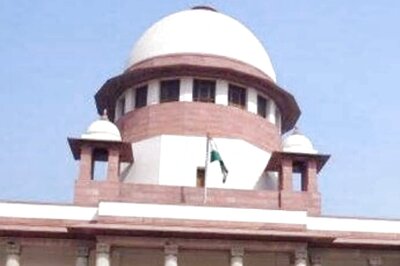

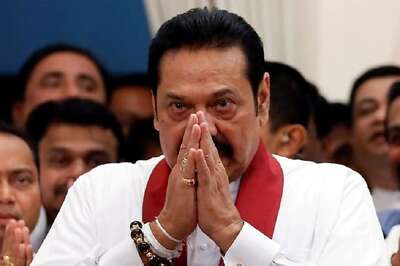
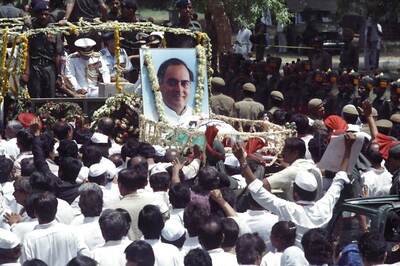


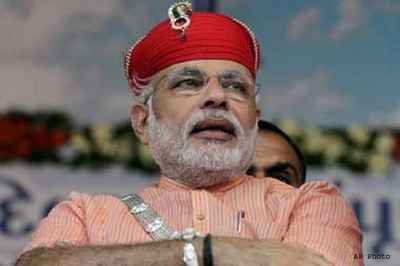
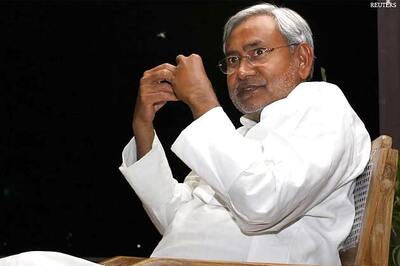

Comments
0 comment